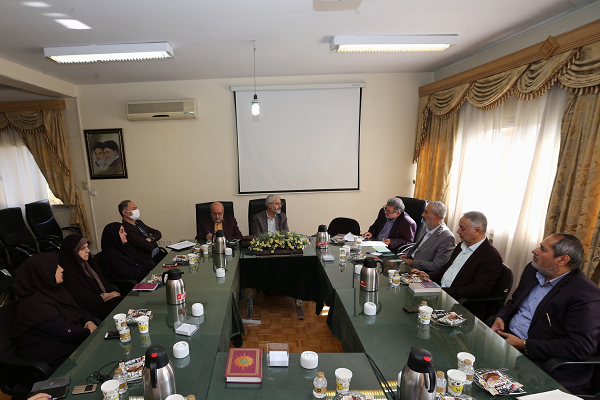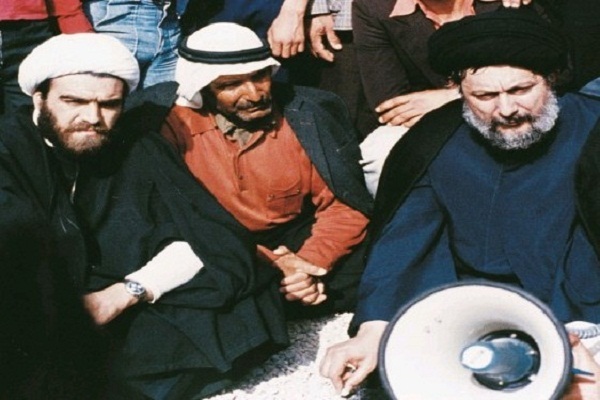Imam Musa Sadr Demonstrated that Followers of All Faiths Can Achieve Growth Together: Scholar

Rasoul Rasoulipour, a professor of Kharazmi University, made the remark in a program held at the Islamic Culture and Relations Organization in Tehran to introduce the book “Religions at Man’s Service” by Imam Musa Sadr.
Rasoulipour said God is the pivotal element in the Islamic thought of Sadr, adding that the model offered by Sadr is religionizing.
Sadr represented religionizing, that is to say, he lived and experienced the message, teachings and objectives of the religion in his life, he stated.
The scholar also said that in Sadr’s view, a believer is one who is at the service of others, stressing that serving other human being sis the sign of faith in God.
Another important thing in Sadr’s belief is that he offers dialogue as a means to learn and to promote peace and the religion he introduces is one of dialogue and connection, he stated.
Rasoulipour went on to say that given the role and status that Sadr had, his thoughts can be used for promoting human dignity.
Imam Musa Sadr, a senior Shia cleric and founder of Lebanon’s Amal movement.
Sadr and his two companions Mohammed Yaqoub and Abbas Badreddin were kidnapped in August 1978 during an official visit to the Libyan capital, Tripoli.

Sadr was scheduled to meet with officials from the government of the Libyan dictator Muammar Gaddafi.
The three were never seen or heard from again and their fate is still unknown even after the overthrow of the Gaddafi regime in 2011.
Sadr came from a long line of clerics tracing their ancestry back to Jabal Amel, Lebanon.
He is still regarded as an important political and spiritual leader by the Shia Lebanese community. His status only grew after his disappearance in August 1978, and today his legacy is revered by both Amal and Hezbollah followers.
In the eyes of many, he became a martyr. A tribute to his continuing popularity is that it is popular in parts of Lebanon to mimic his Persian accent.
4095865



